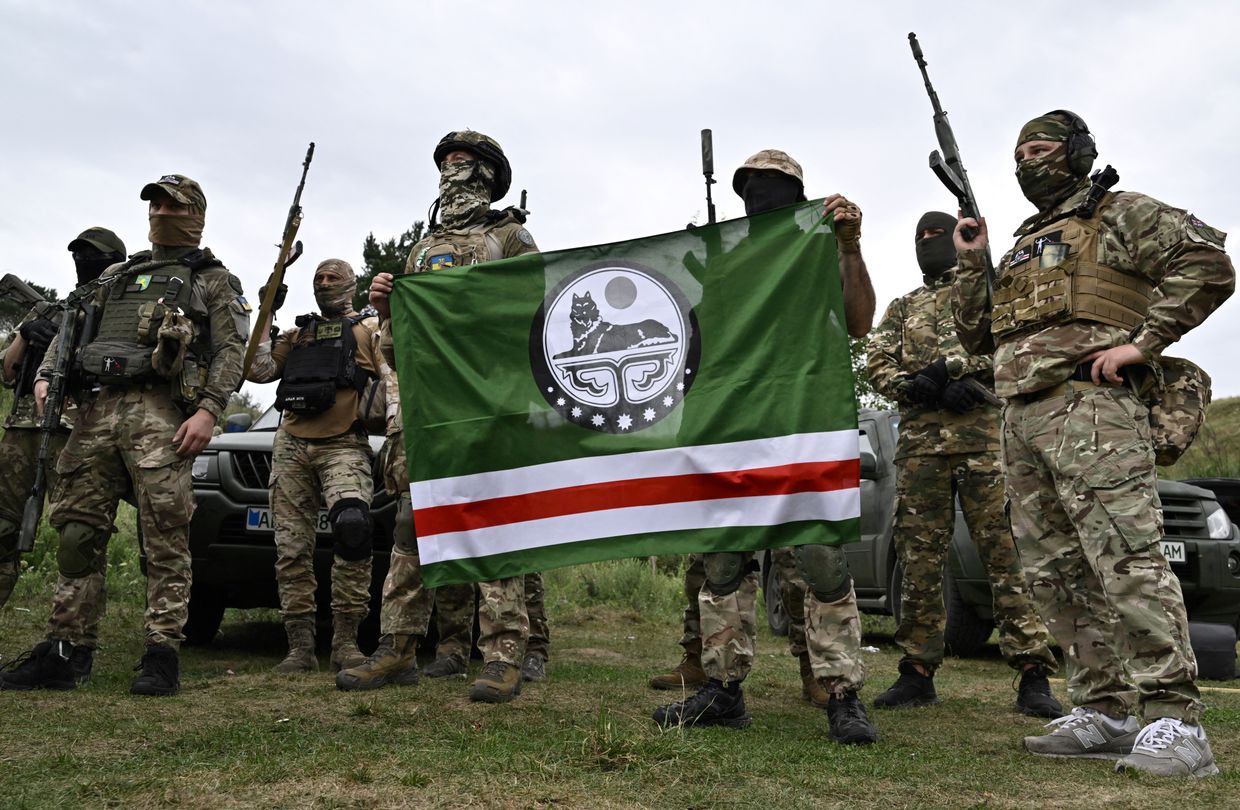Russia revives Soviet answer to Eurovision in defiance of Western isolation

Opening the 2025 Intervision Song Contest in Moscow, Russian President Vladimir Putin framed the event as a celebration of unity through music. But the spectacle carried another message: Russia is unfazed by Western isolation.
"Russia has always been, and remains, a country open to communication and constructive cooperation. We cherish our traditions and respect the traditions of others," Putin said in a pre-recorded speech shown to the contest, held on Sept. 20 — the same day at least two people were killed and 36 others injured in Russian strikes across Ukraine.
Twenty-two contestants from "friendly nations" — among them China, India, Vietnam, Cuba, Brazil, Belarus, and Kazakhstan — gathered for the Intervision Song Contest. Vietnamese singer Duc Phuc was chosen as the winner.
A singer from the U.S., Brandon Howard, was also slated to take part in the competition, but pulled out over "family issues," Howard told the BBC.
The original Intervision Song Contest, which ran from 1965 to 1980, was the Eastern Bloc’s answer to Eurovision, a long-running and wildly popular international music contest in Europe. After the collapse of the Soviet Union, Russia went on to compete in Eurovision and even won in 2008, but was banned following the 2022 full-scale invasion of Ukraine.
Russia’s revival of Intervision is "both a reflection of what it projects as its Soviet 'glory days' and its obsession in the 2000s with conquering Eurovision as a sign of belonging," Sophia Kishkovsky, an American journalist who writes about Russian culture, told the Kyiv Independent.

Russia had "clearly been jealous" of Ukraine’s Eurovision victories over the years, according to Kishkovsky.
"The Kremlin is pouring billions of rubles into soft cultural power around the world, even as it continues its war against Ukraine. Other (examples) can be found in every other cultural sphere, from museums to literature, to religion."
Ukraine’s previous Eurovision wins include Crimean Tatar singer Jamala’s haunting 2016 ballad "1944," which recounts the Soviet deportation of Crimean Tatars — a win that resonated politically, coming just two years after Russia’s illegal annexation of Crimea.
"Russia has already won. It won because you are here as our guests."
Leading up to the contest, organizers emphasized that participants should promote "traditional universal, spiritual, and moral values," which stood in stark contrast to Eurovision’s years-long embrace of tolerance, including queer visibility and sexual freedom.
"Traditional values" have been a recurring theme in Russian rhetoric over the past two decades, used to justify restrictive policies, influence social norms, and divert attention from corruption, inequality, and failures in governance.
Unlike Eurovision, where English-language performances tend to dominate, Intervision participants sang in their native languages, pointing to a cultivated atmosphere that was meant to position Russia as a seemingly more "accommodating" partner than the globally oriented West.
"It is precisely this respect for… cultural diversity that forms the core idea of the competition and inspires its participants to reach new creative heights," Putin claimed in his address.
Russia has repeatedly suppressed to varying degrees the local languages and cultures of the more than 190 ethnic groups that call the country home.

Russia’s Intervision entry was pop singer Shaman – a word which means "spiritual healer or guide" — who has openly aligned himself with pro-Kremlin propaganda since the start of the full-scale war.
While Shaman performed a love song during the competition, the propaganda artist is best known for his song "I’m Russian." In the nationalist anthem, which was released in 2022, Shaman declares how the Russian people "go to the end" and stand "in defiance of the whole world."
The singer has also previously performed in Russian-occupied regions of Ukraine, aligning himself openly with Kremlin propaganda and positioning himself as a vocal supporter of the full-scale war.
"The significance of Intervision for Russia was summed up by Shaman," Kishkovy said, adding that he "ended his performance with the words: 'I represent Russia, and Russia has already won — it won because you are here as our guests."
"He then shouted out 'I am Russian!' the title of his 2022 hit."











